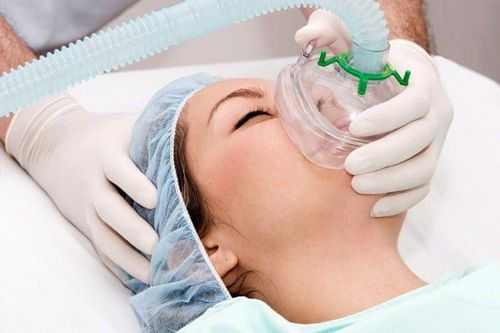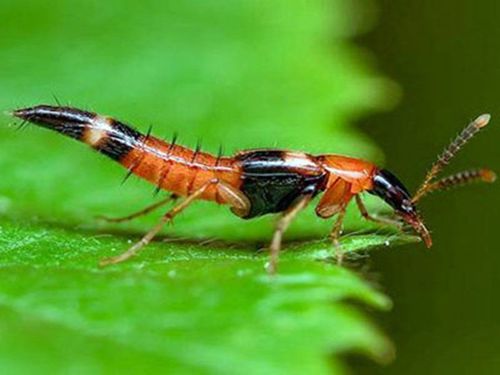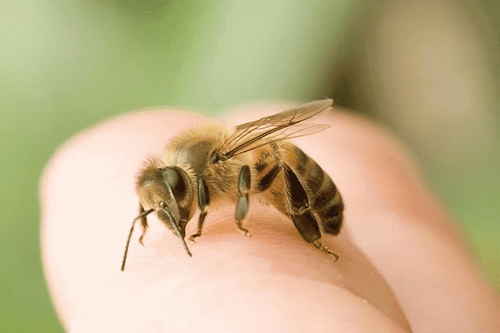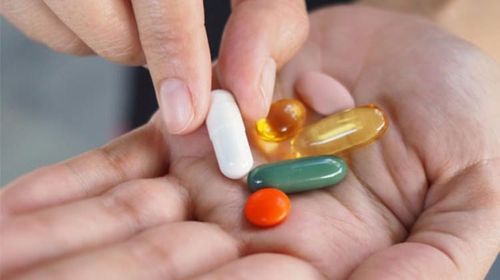This is an automatically translated article.
When being stung by a bee, the body may have an allergic reaction to the venom secreted by the bee, so the patient needs to be diagnosed and treated in the most accurate way. Currently, there are many types of drugs applied to the skin for bee stings, so it is necessary to choose the right drug for the clinical situation as well as master the knowledge on how to use these drugs.
1.Bee stings Being stung by a bee is an accident in everyday life and can cause certain inconveniences to the patient. Some of the initial symptoms of a bee sting are sharp pain, swelling, redness, heat and itching at the sting site, but do not leave any serious complications affecting the patient's life. However, if the patient is allergic to bees or has been stung many times at the same location, it may be more serious and this time will have severe consequences. Common manifestations of an allergy to bee venom are severe itching, swelling of the tongue, swelling of the throat mucosa, difficulty breathing, rapid pulse, nausea, vomiting, diarrhea, dizziness, loss of consciousness. .., if one of the above symptoms appears, the patient should immediately go to the nearest hospital for anaphylaxis treatment.
At specialized medical facilities, patients will be assigned a number of paraclinical tests to accurately diagnose the disease:
Skin examination: The patient will be injected with a small amount of venom If the patient is allergic to bee venom, the skin will develop blisters at the injection site. This test is proven to be safe and does not cause too serious reactions for the patient, but still checks the patient's allergic status to bee stings. Allergy blood test: This is a test that can show the body's immune status to bee venom through the amount of allergy-causing antibodies present in the patient's blood. 2. What medicine is applied to the bee sting? Usually, if a bee sting does not cause any symptoms of an allergic reaction, the patient needs only first aid and home treatment to be stable. More specifically, if the patient only has a rash, itching and no respiratory and circulatory problems, only local wound care is needed by cleaning, applying antibiotic ointment. Patients can use antihistamines to treat itching, if the pain is much affected, they can use Ibuprofen or Acetaminophen to relieve pain. More importantly, the patient will be vaccinated against tetanus or a booster shot in the case of a previous vaccination.
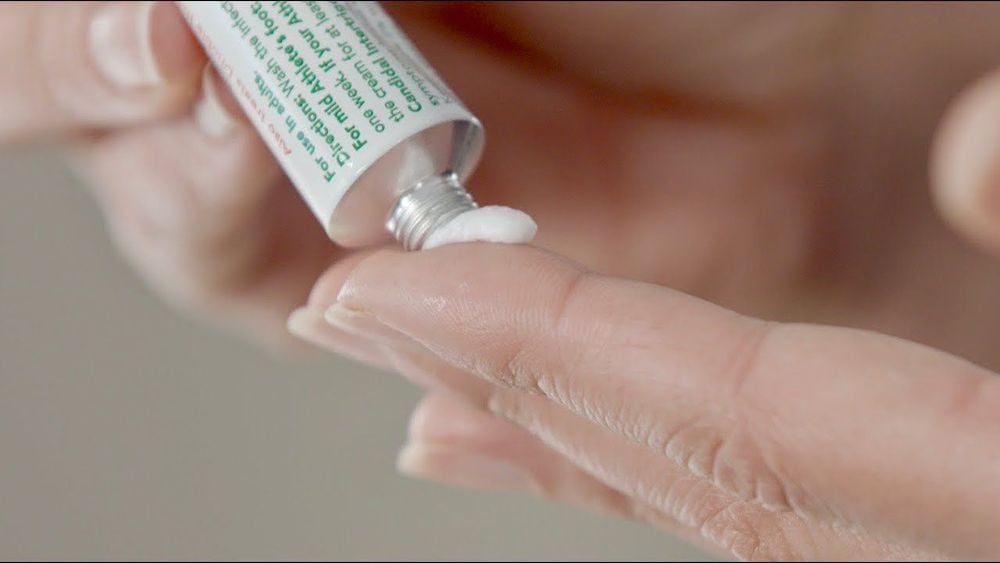
Người bệnh không nên tự ý sử dụng thuốc khi chưa được tư vấn
However, some cases of bee stings are quite severe and there are signs of anaphylaxis, the patient needs medical assistance as soon as possible. To emergency anaphylaxis in the above cases, the patient can be performed CPR if there are signs of apnea, cardiac arrest. The drugs used in this case are typically Epinephrine for emergency, which can give the patient oxygen, antihistamines as well as intravenous Cortisone to dilate the bronchi, improve the respiratory condition of the patient. core.
3. How to use topical medication when stung by a bee Patient has no symptoms of anaphylaxis, which can be self-remedied at home by applying some drugs and ingredients as follows:
Honey : Apply Apply a small amount to cleansed skin, cover the wound with a loose bandage, and leave it on for 1 hour to relieve pain and itching. Baking soda: Apply a thick layer to the skin of the bee sting, cover the wound and leave it for about 15 minutes, then reapply several times to neutralize the bee venom, reduce swelling, itching and pain for the patient. Apple cider vinegar: Soaking the wound in a bowl of diluted apple cider vinegar for 15 minutes can neutralize bee venom Toothpaste: Because toothpaste is alkaline, it will neutralize the venom of bees found found to be an acidic substance. Papain: Is an enzyme found in meat tenderizers, so is used in this case to break down proteins that cause pain and itching for patients. It is necessary to mix the medicine with water in the ratio of 1 medicine: 4 water and apply it on the wound for about 30 minutes. Wet Aspirin Tablets: Effective in reducing pain, reducing heat and reducing swelling when stung by bees. Applying a wet aspirin tablet to the sting can reduce the duration of the patient's pain. Some herbs and essential oils: Typically, aloe vera can soothe the skin, relieve pain, chamomile cream has antiseptic properties that can reduce skin irritation, anti-inflammatory lavender essential oil reduces swelling, Tea tree oil can disinfect as well as soothe a patient's pain. Patients can apply these substances to the damaged skin, then bandage them or if it is an essential oil can be mixed with a carrier oil to dab on the wound.
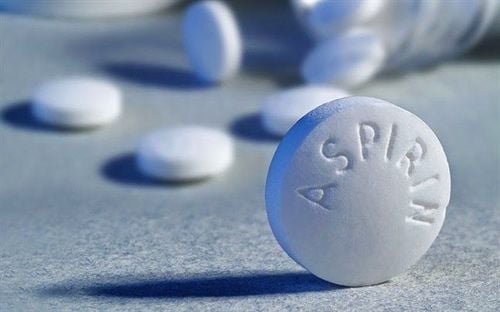
Viên Aspirin có thể được sử dụng bôi ngoài da khi bị ong đốt
Bee stings are one of the common accidents, which can be harmless and only cause local symptoms such as rash, redness, swelling, itching... but can also lead to anaphylaxis and leave behind serious consequences. Therefore, it is necessary to know how to handle as well as how to use topical drugs when being stung by bees in case of need.
Vinmec International General Hospital is the address to receive, examine and treat all health problems. Therefore, when there is a need, customers can contact to book an appointment and be examined by experienced doctors and experts in the profession. The hospital now has modern facilities, a clean environment that brings peace of mind to customers.
Please dial HOTLINE for more information or register for an appointment HERE. Download MyVinmec app to make appointments faster and to manage your bookings easily.




